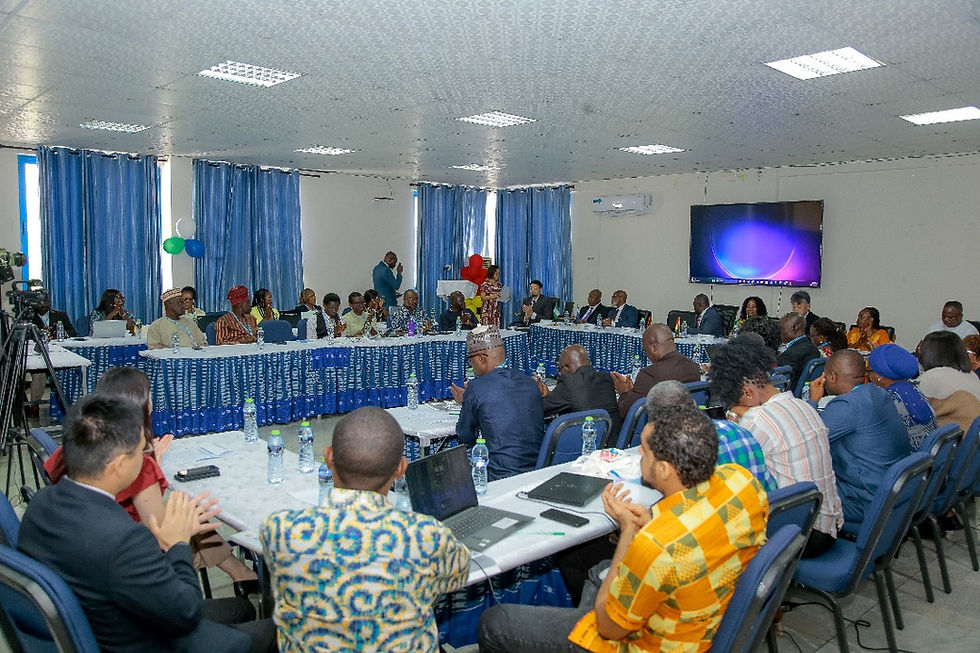Kenya's Anti-Corruption Agency unveils strategic approach amid rising economic crimes
- Think News Online
- May 8, 2024
- 2 min read

The Ethics and Anti-Corruption Commission (EACC), Kenya has disclosed its strategic roadmap in combating corruption and economic crimes.
Led by a seasoned investigator with over a decade of experience, Deputy Chief Executive Officer, Ethics and Anti-Corruption Commission, Abdi Mohamud (MBS) has outlined key pillars focusing on high-impact investigations, asset tracing and recovery, corruption prevention, and fostering partnerships.
The EACC, tasked with addressing corruption networks and financial malpractice, emphasized the indispensable role of intelligence and undercover operations in their endeavors.
Despite apprehensions surrounding undercover work, the agency stressed its pivotal role in financial investigations.
"Highlighting the surge in complaints—averaging over 3000 annually—the Commission acknowledged the need for a focused strategy. With a workforce of 300 investigators and 80 lawyers, the agency streamlined its efforts into four key areas within its broader strategic plan"
"Key among these strategies is high-impact investigations, guided by criteria including the value involved and the prominence of individuals implicated.
The aim is to maximize deterrence and uphold public interest"
Asset tracing and recovery emerged as another vital focus, necessitating meticulous investigation and legal proceedings.
The Commission underscored the significance of partnerships, both formal and informal, in augmenting their effectiveness.
"Notable collaborators include the National Crime Agency and the US Embassy. In navigating asset recovery, the Commission delineated two approaches: conviction-based and non-conviction-based"
The latter involves civil litigation and Alternative Dispute Resolution (ADR), facilitating the return of illicitly acquired assets.
"The utilization of intelligence in asset tracing was highlighted as indispensable, prompting the establishment of dedicated units such as the Financial Intelligence Unit. The Commission also addressed the challenge of managing recovered assets, emphasizing the need for effective asset management"
"Despite legal complexities, the Commission has made significant strides in asset recovery, with achievements totaling over 308 million US dollars in the past five years. Moreover, emerging trends such as budgeted corruption and professional facilitation underscore ongoing challenges in the anti-corruption landscape"
"While prevention remains a cornerstone, the Commission acknowledged its ubiquitous nature and opted to focus on other strategic priorities. Nonetheless, it remains a collective responsibility embraced by all stakeholders"
In a closing remark, the Commission expressed readiness to engage further on their initiatives, underscoring their commitment to transparency and accountability in combating corruption and economic crimes.
Story by: Joshua Kwabena Smith








Comments